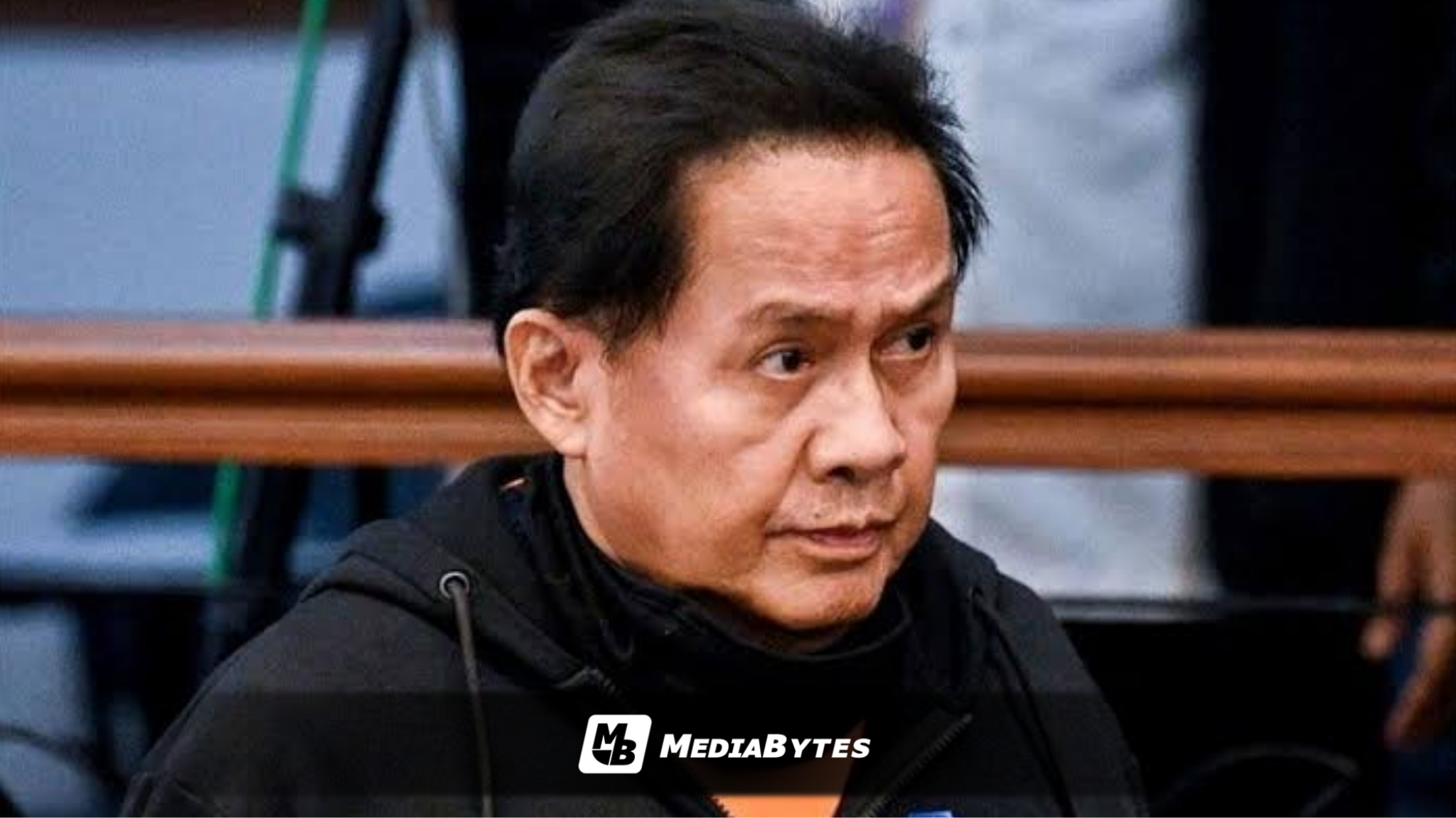chaired by Batangas 2nd District Rep. Gerville Luistro, is set to conduct a motu proprio inquiry into the United States’ extradition request for controversial pastor Apollo Quiboloy, amid what lawmakers described as “insufficiencies and ambiguities” in the process.
The inquiry stemmed from a written request by Akbayan Party-list Rep. Perci Cendaña, who urged the panel to investigate the matter in aid of legislation.
“There is an overwhelming public interest and concern over the process by which extradition requests are received, evaluated, and acted upon. It is imperative that Congress, through your Committee, provide a forum where concerned agencies may clarify the status of the present request, explain the legal and procedural steps involved, and identify any gaps or ambiguities in our existing laws and treaties,” Cendaña said in his letter, read by Luistro during the panel’s organizational meeting.
Committee vice chair Rep. Jonathan Keith Flores (Bukidnon, 2nd District) formally moved to carry out the investigation, which Luistro approved after no objections were raised.
Luistro stressed that two key laws must be examined: the 1994 extradition treaty between the Philippines and the United States, and Presidential Decree (PD) 1069, the Philippine Extradition Law of 1977.
Both, she noted, are “silent” on crucial issues.
“There are questions which answers could not be found in both laws,” Luistro said, citing gaps such as whether a foreign country may initiate extradition while the subject faces pending cases in the Philippines; the timelines between the Department of Foreign Affairs (DFA) receiving a request and its transmittal to the Department of Justice (DOJ); and the DOJ’s timeline to file a petition before a regional trial court.
Lawmakers also raised which court should exercise jurisdiction: the one handling the subject’s local cases, or the court where the extraditee resides, as stated in the treaty or PD 1069.
Flores further pointed out that current laws do not define who has authority to decide between temporary surrender and deferred surrender of an extraditee.
Luistro clarified that Quiboloy’s involvement was “merely incidental” to the broader review.
“This is not about prejudging anyone’s guilt. It is about upholding the rule of law, honoring our treaty commitments, and ensuring that victims see swift, fair, and transparent action,” she said.
“Our message is simple: no one is above the law. We will ask the DOJ and DFA to walk the public through the precise legal options—temporary or deferred surrender—and the concrete timeline so justice is neither delayed nor denied.”



